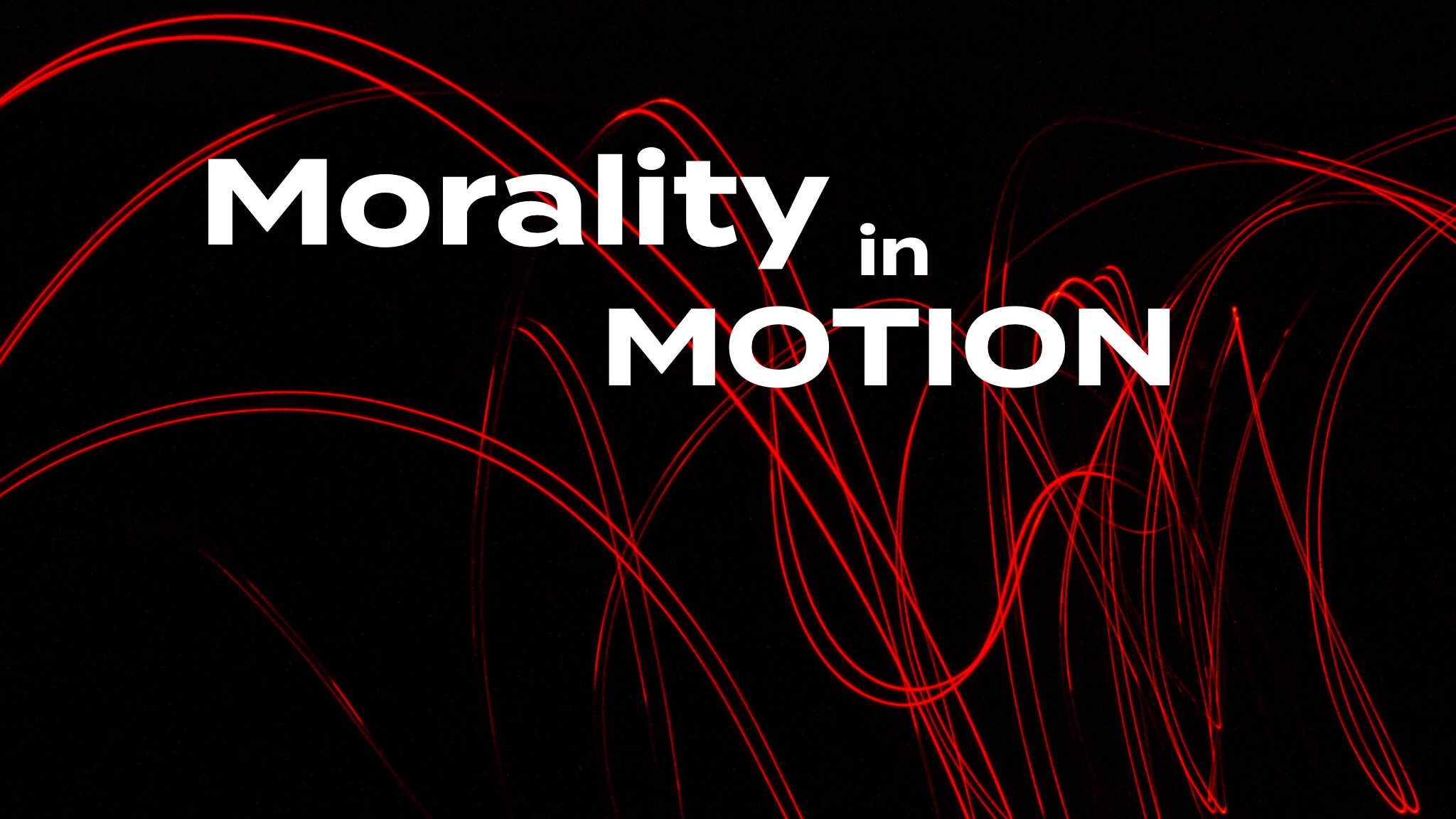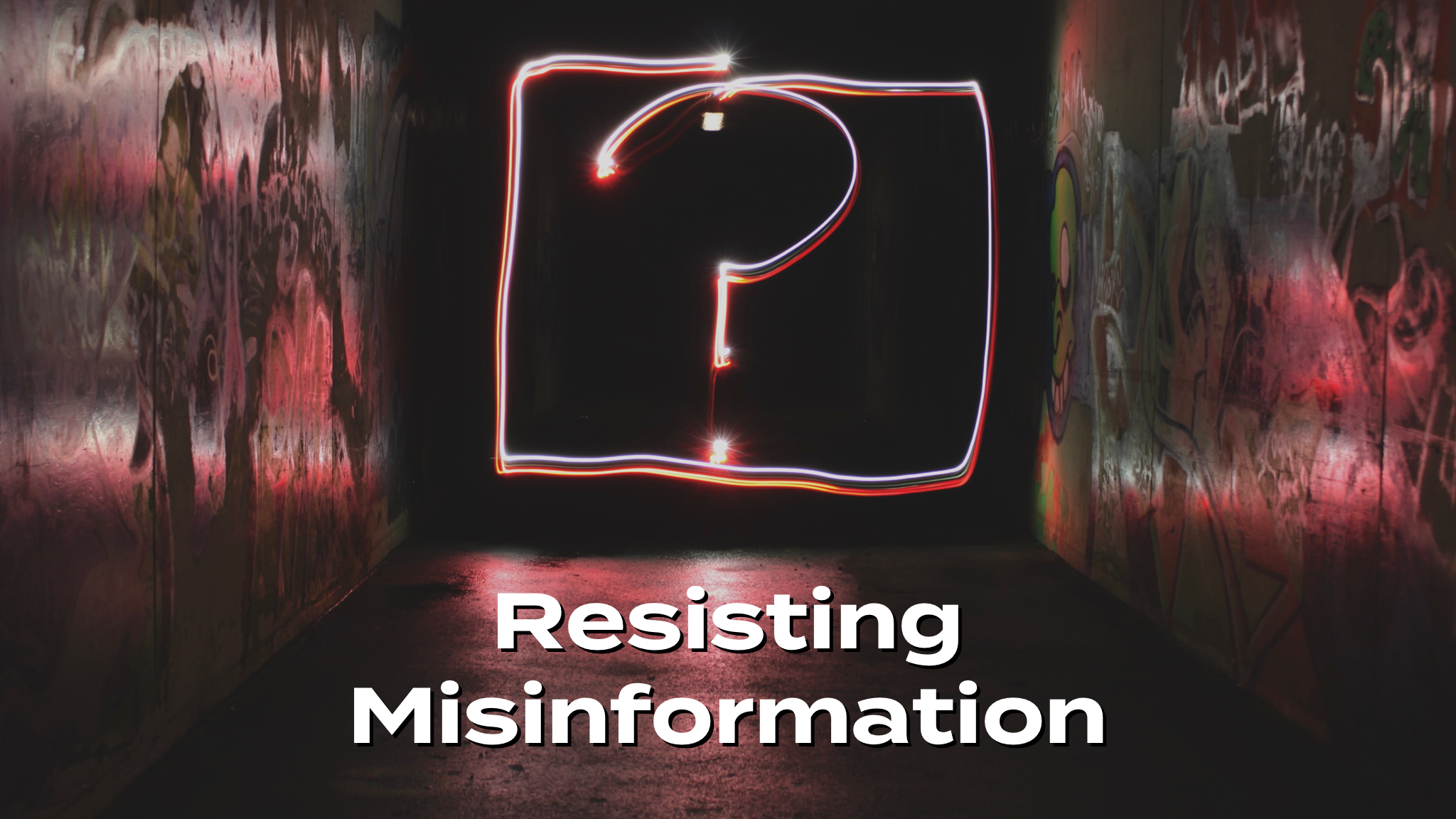Episode Video
Show Notes
Links Referenced
American isn’t split in half, its divided into four by Caroline Mimbs Nyce
Quotations
This new-synthesis view of morality has four basic elements: (1) a Humean mind-focused sentimentalism, (2) a Darwinian evolutionary account of why the mind has the traits it does, (3) a human interest–based utilitarianism about morality, all embedded within (4) a strident naturalism committed to empirical study of the world. (Science and the Good, 86, 87)
Innovations in neuroscience are important because they help us answer basic questions about morality, namely why you might be concerned with the goals and well-being of people besides yourself. In the new moral science, it turns out that people “have special kinds of neural populations that make concern for others very natural.” (Ibid. Later quotation from Paul Thagard, Ther Brain and the Meaning of Life (Princeton University Press, 2010)
The moral law is not imposed from above or derived from well-reasoned principles; rather, it arises from ingrained values that have been there since the beginning of time. The most fundamental one derives from the survival value of group life.
Frans de Waal, The Bonobo and the Atheist (New Yokr: W.W. Norton and Company, 2013), 228. Quoted in S&G, 88.
Once ethics is viewed as a social technology, directed at particular functions, recognizable facts about how those functions can be better served can be adduced in inferences justifying ethical novelties.
Kitcher, “Naturalistic Ethics without Fallacies,” Preludes to Pragmatism: Toward a Reconstruction of Philosophy (New York: Oxford University Press, 2012,) 315. Quoted in S&G, 90.
One strain of naturalism seeks to provide empirical explanations for all of reality by fitting it into a domain of interacting physical particles.38 This would render purely metaphysical or transcendent accounts of reality not only unnecessary but unthinkable. S&G, 91, 92.
“Level Three” findings would provide scientifically based descriptions of, say, the origins of morality, or the specific way our capacity for moral judgment is physically embodied in our neural architecture, or whether human beings tend to behave in ways we consider moral. Evidence for these sorts of views doesn’t tell us anything about the content of morality—what is right and wrong—but they speak to the human capacity for morality and in that sense are interesting. (S&G, 100.)






















